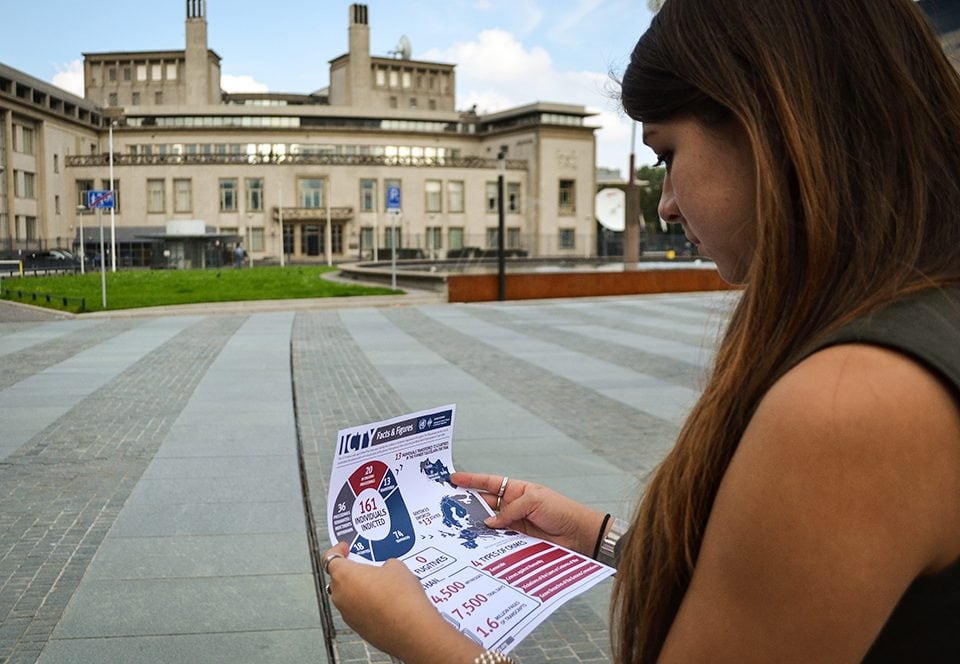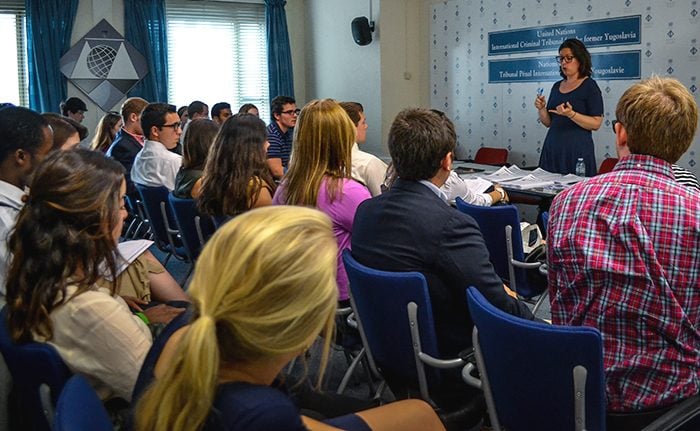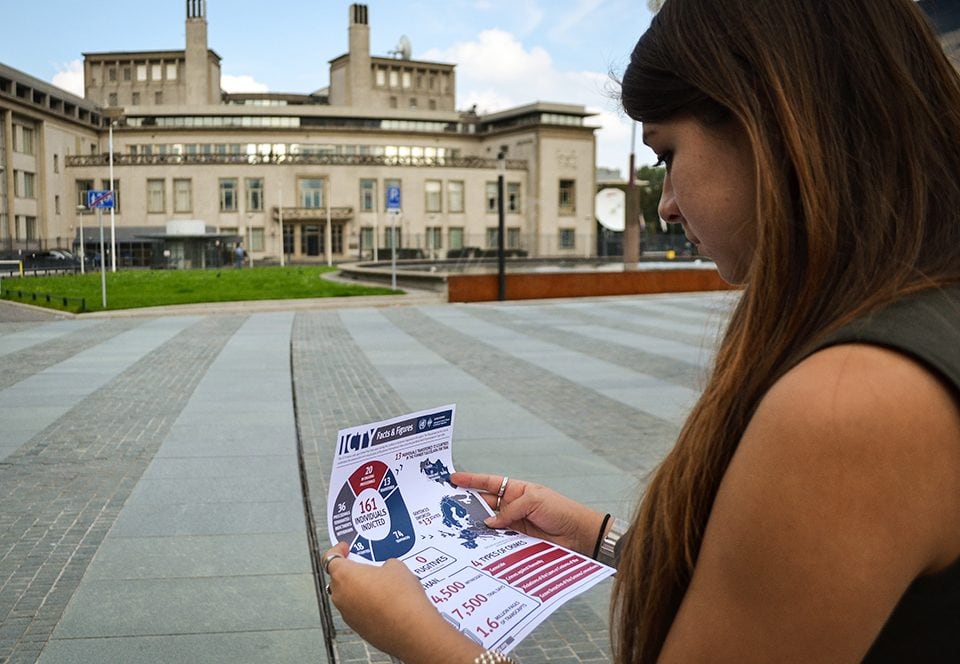
Crimes against humanity. Mass Murder. Genocide. These topics could wake up any 9:00am class.
With 14 countries already on their schedule, the International Law class added just one more region to their curriculum. Taking a deeper look at the former Yugoslavia, students studied a war that was not only an important part of history but a war that took place in their lifetimes.
They traveled to The Hague, Netherlands to learn about the process behind bringing war criminals to justice from an institution that changed the way international law addresses these issues. With only the Nuremberg and Tokyo Trials as a point of reference, the United Nations International Criminal Tribunal for the Former Yugoslavia (ICTY) undertook “the prosecution and adjudication of the gravest international crimes” which occurred in the Balkan region from 1991-2001. With a case being tried simultaneously a few rooms away, a discussion with ICTY experts who collected and analyzed evidence used against these criminals helped bring the subject matter to life.

Examining the atrocities and massacres committed by these criminals, students could not help but focus on the conflict and wonder how the region’s intensity all started. “(Balkan nations) wanted the territory without the minorities that went along with it,” explained Bill Tomjanolvich. Even with a war that occurred during the past two decades, this was the first time many students studied the struggle. But for one this served not as an introduction but a balanced view of a painful history.
Born at the start of the war, student Andjelka Zoranovic grew up in Bosnia-Herzegovina to a family on the Serbian side of the dispute. Even though she was just a baby at start of the war, her exposure to this conflict increased rapidly as she got older. It was not until her International Law course on the Fall 2014 voyage that she heard another side of the story. “I really wanted to be here to know what is going on and have a critical perspective of the information I received in the place I grew up,” said Zoranovic.
Acknowledging that there was no party without fault, she appreciated the balanced overview presented by the staff members at the ICTY as well as all the work they do to bring criminals to justice. With 161 individuals indicted and 74 sentenced as of September 2014, their efforts could only be commended. But as the ICTY wrapped up its final years of prosecution, their organization’s legacy and the future of the former Yugoslav region was what really mattered. “(I’m) hoping this court will teach us a lesson,” concluded Zoranovic. “We are the ones who actually have to fix things. This is what (our nations) left us with.”



